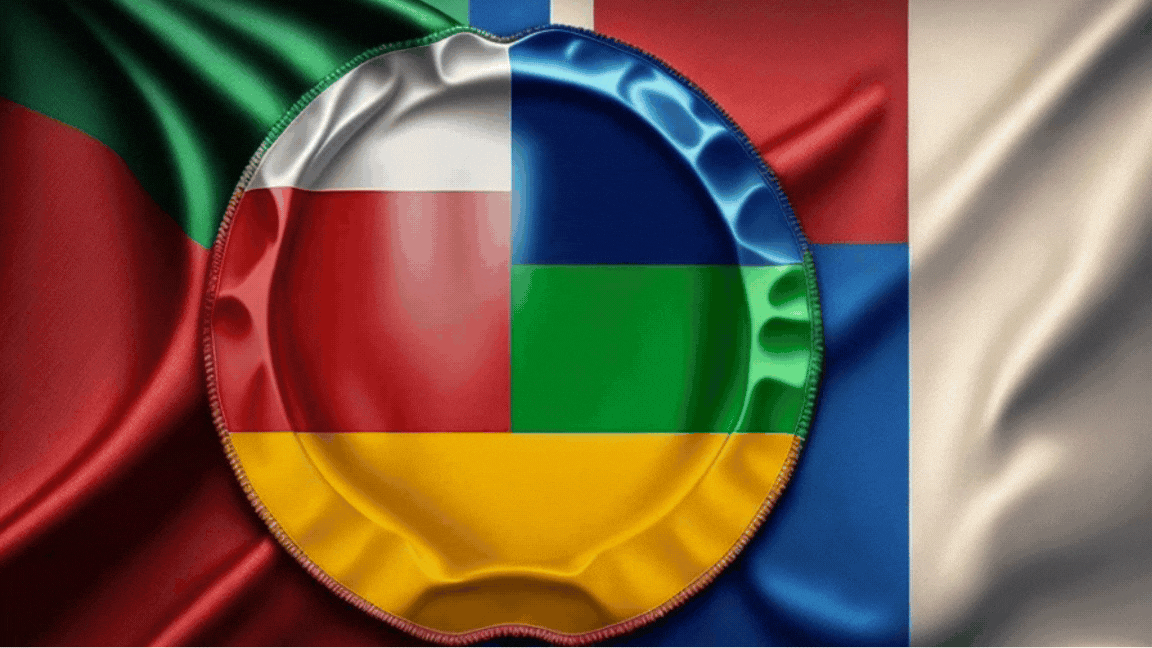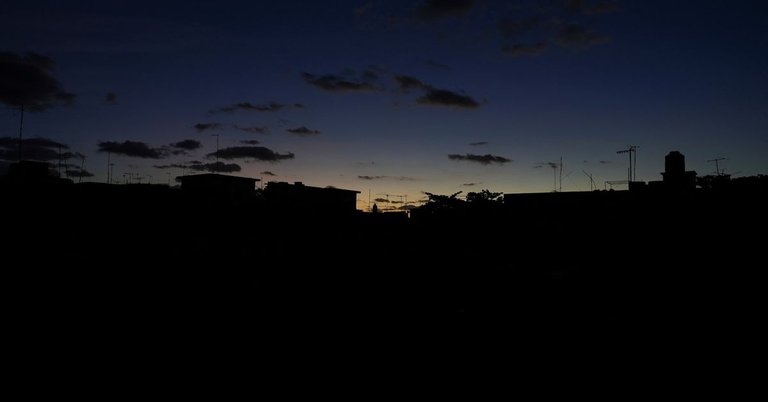
It is 6 p.m. in Sagua de Tánamo, my hometown in northeastern Cuba, and, as sadly foreseen, the electricity supply has just been interrupted. Since 2021 this has been the reality of the country, submerged in an unbearable economic crisis that runs through it like a knife through butter. I estimated that, somehow, someway, when the December holidays arrived, the Government would implement some emergency plan to reduce at least 75% of the outages nightmare. Now I have more and more doubts that even on December 31 or January 1, this will be possible, which sends a clear signal that we are still digging deeper and deeper to find the bottom—if it exists—of this debacle. During these days there are still consumers who have suffered blackouts of more than 12 continuous hours. The factors affecting the complex situation of the power national system are transversal to the rest of the economy: the chronic lack of foreign currency and the comprehensive regime of sanctions imposed by the United States.
Both make the acquisition of fuels very difficult, among problems to: 1) secure foreign currency—tourism has lost much absorption capacity, and export neglects are piling up; 2) find brave suppliers daring to operate with the Island; and 3) concrete payments—in addition to sanctions, there are the consequences of the unfair inclusion of Cuba in the list of State sponsors of terrorism, which makes it a stinker in the international financial system. These days, up to 600 MW have not been available due to a lack of fuel to feed diesel- and fuel-oil-powered generation engines located throughout the country. Then there is the decrepit state of the thermal plants that form the basis of the power generation system, with poorly maintained units constantly going out of service due to breakdowns or operating way below their original capacity.
The greatest hopes are pinned on the installation of infrastructure for the production of solar photovoltaic energy, an effort supported by China. The Asian giant delivered this Sunday about 70 tons of critical equipment—radiators, motors, and others—to recover 400 MW of generating capacity on land engines. Mexico and Russia have sent some fuel, especially at times of maximum tension, such as after the passage of two hurricanes that hit hard during the last quarter. Venezuela, the most important supplier in recent years, has considerably reduced the quota from its production that it sets aside for Cuba, burdened by sanctions and problems of its own, although I suspect that political and strategic commitments are not as solid as they once were. By June 2025 the aspiration here is to cover energy demand in daylight time and to reduce to 700 MW the deficit at peak night time for next summer, a variable the latter that reached 1,700 MW this month—which is equivalent to saying that simultaneously more than half the country has been in darkness.
 Source
SourceCrime, nature
A pastor was murdered Sunday along with his wife and their two 20-year-old-like children while they were having lunch in the Colombian town of Aguachica. Also in Colombia, two important assets of the Ecuadorian criminal gang the Chone Killers were killed in an armed attack in Cali, apparently victims of a settling of scores by another criminal organization—Los Lobos (The Wolves). The Chone Killers have their headquarters in the violent canton of Durán, Guayas province, where this Sunday was also murdered the husband of a current national Congresswoman, both militants of the party linked to former president Rafael Correa.
Alias ‘Ben 10’, líder de la organización criminal Chone Killers, falleció en Cali, Colombia, luego de que el vehículo que conducía provocara un accidente vial.
— El Noticiero (@elnoticierotc) December 30, 2024
Esto, debido a que recibió varios disparos mientras conducía.
-
Más detalles en https://t.co/uWy3m5sJIl pic.twitter.com/laQWDGK10b
And as nature also has to strike, two dead in Ecuador, one in Chile, and more than 83% of port activity suspended in Peru, is the result of a strong swell that has hit the South American Pacific in the last few days and will last until the beginning of 2025.
Watch the moment powerful waves batter Peru’s Piura region, damaging fishing boats at sea. An abnormal swell brought waves of up to six metres, prompting authorities to issue warnings and close ports. pic.twitter.com/h624HQhzvU
— Al Jazeera English (@AJEnglish) December 29, 2024
Carter and his Latam legacy
Several world leaders, including some from Latin America, have reacted to the passing yesterday, Sunday, of Jimmy Carter, at the age of 100. Carter's legacy had come to the fore recently amid controversy over Donald Trump's statements regarding the Panama Canal. Then, until the arrival of Barack Obama to the White House, the now-deceased former president was the one who made the most progress seeking an appeasement in the tensions between Cuba and the United States. Indeed, it seems to me that Obama's brief thaw took place in good part because of the Carter years. It is worth remembering that a migratory crisis between the two countries in 1980 was one of the factors that weakened Carter in the face of a potential reelection.
 Source
SourceAnd this is all for our report today. I have referenced the sources dynamically in the text, and remember you can learn how and where to follow the LATAM trail news by reading my work here. Have a nice day.

